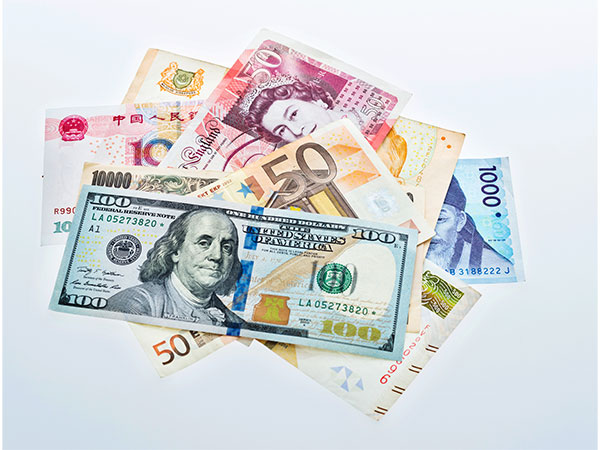India’s foreign exchange reserves have seen a significant rise in the recent weeks, reaching $644.151 billion by the end of May 10, as reported by the Reserve Bank of India (RBI). This marks the second consecutive week of increase after three weeks of decline. The country’s forex reserves had recently hit an all-time high of $648.562 billion. The latest data from the RBI shows that India’s foreign currency assets (FCA) rose by $1.488 billion to $565.648 billion, while gold reserves increased by $1.072 billion to $55.952 billion.
The Monthly Economic Review report from the Department of Economic Affairs under the Ministry of Finance states that India’s foreign exchange reserves are sufficient to cover 11 months of projected imports. In 2023, the RBI added around $58 billion to its forex kitty, following a cumulative slump of $71 billion in 2022. So far in 2024, the forex reserves have increased by about $23 billion. Foreign exchange reserves are held by a nation’s central bank or monetary authority in reserve currencies, primarily the US Dollar, Euro, Japanese Yen, and Pound Sterling.
After reaching an all-time high in October 2021, India’s forex reserves saw a decline attributed to a rise in imported goods costs in 2022. The RBI may have intervened in the market to defend against a sharp depreciation in the rupee against the US Dollar. The central bank closely monitors foreign exchange markets and intervenes as needed to maintain market stability and prevent excessive volatility in the exchange rate. This intervention does not follow a specific target level or band but aims to ensure orderly market conditions.
Overall, India’s foreign exchange reserves have shown resilience and strength over time, with recent increases indicating a positive trend. The RBI’s proactive approach to managing forex reserves and market interventions plays a crucial role in maintaining stability and confidence in the economy. With ample reserves to cover imports and a steady rise in the forex kitty, India is well-positioned to navigate global economic challenges and uncertainties. The country’s robust forex reserves serve as a strong foundation for financial stability and resilience in the face of external shocks.










